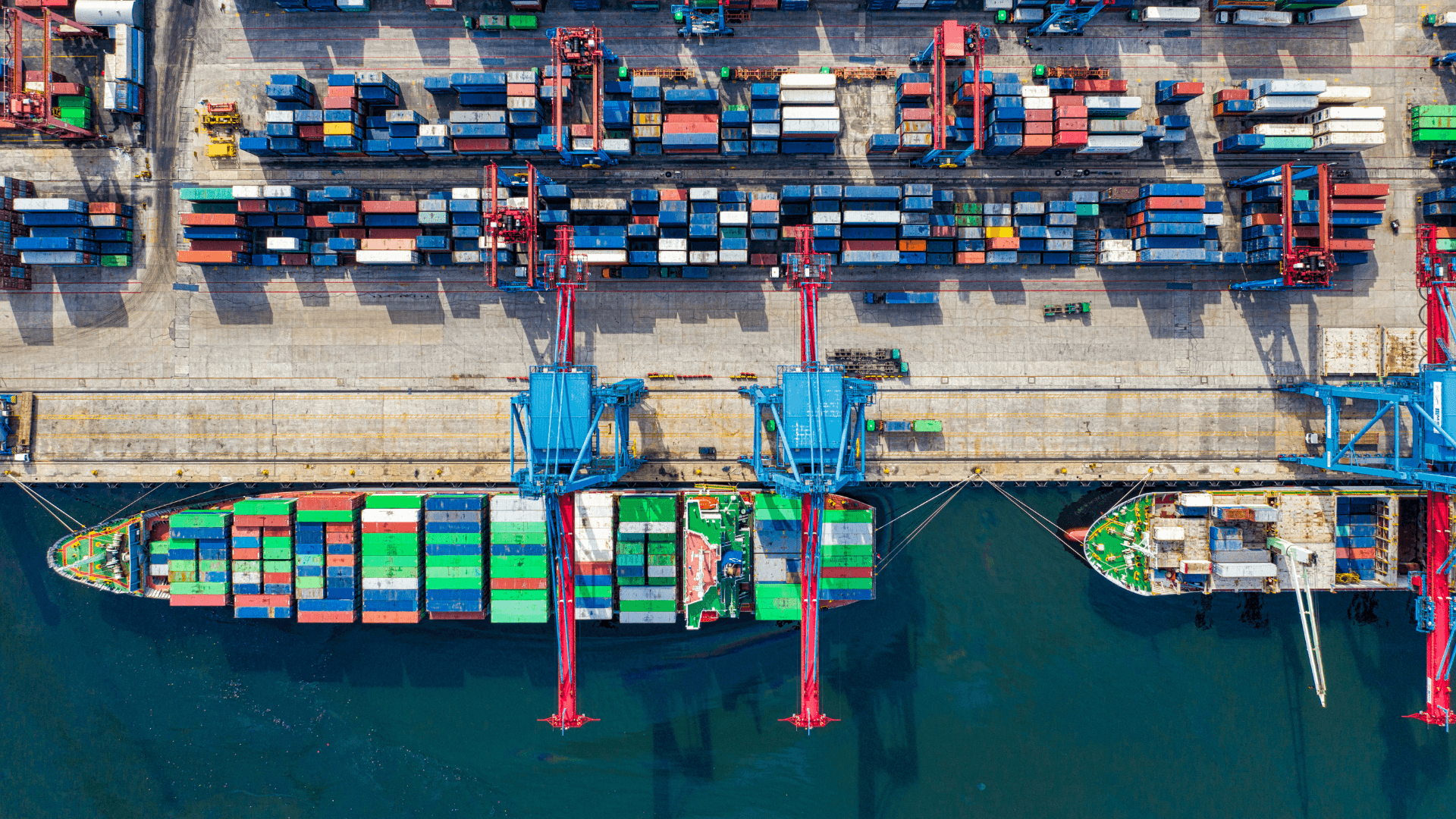
International Cargo: Recommended Incoterms for First-Time Exporters
Understanding Incoterms for Export Beginners
When exporting goods internationally for the first time, one of the most critical decisions you’ll make involves Incoterms international commercial terms that define buyer and seller responsibilities during shipping.
These standardized trade rules, created by the International Chamber of Commerce (ICC), determine who pays for freight, who handles insurance, and when risk transfers from seller to buyer.
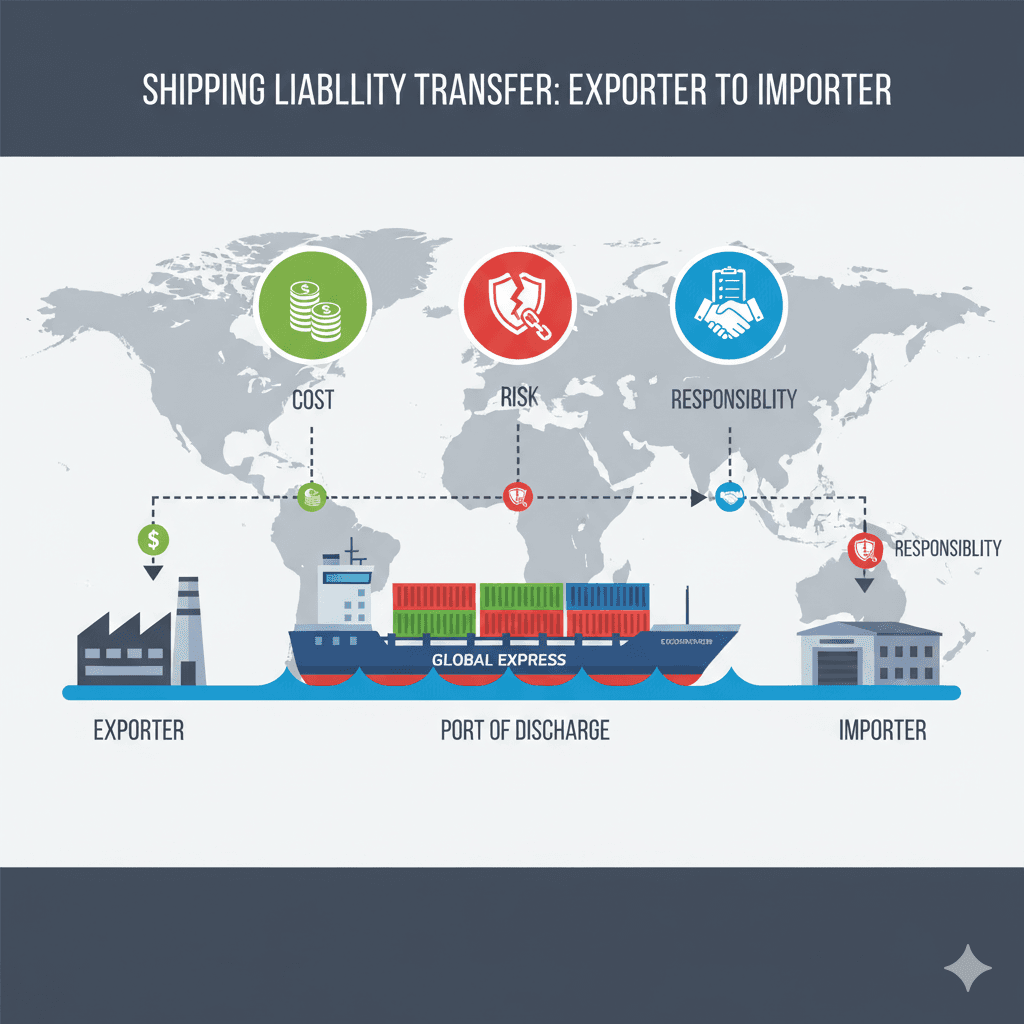
Why Choosing the Right Incoterm Matters
For first-time exporters, Incoterms impact profitability, control, and risk exposure. Selecting the wrong term can lead to:
- Unexpected costs (hidden freight or insurance charges)
- Delayed customs clearance due to responsibility confusion
- Loss of cargo control once it leaves your facility
Understanding how each Incoterm splits responsibility helps exporters make clear, safe agreements, especially when negotiating with overseas buyers unfamiliar with your local logistics.
1. EXW – Ex Works (Minimum Responsibility)
Best for: Sellers who want simplicity.
Under EXW, your responsibility ends once goods are ready for pickup at your premises. The buyer handles every stage after that—loading, shipping, insurance, and import clearance.
- Advantages: Low responsibility and no logistics burden.
- Disadvantages: Risky if you’re dealing with inexperienced buyers—they might struggle with export procedures.
2. FCA – Free Carrier (Balanced & Practical)
Best for: New exporters seeking a fair division of responsibility.
You handle goods until they’re delivered to your buyer’s chosen carrier or loading point (airport, seaport, depot). From there, buyers manage main freight and import clearance.
- Advantages: Suitable for any transport mode.
- Disadvantages: Requires coordination with buyer’s freight forwarder.
This term is often preferred for containerized exports as it allows sellers to clear customs before transfer.

3. FOB – Free On Board (Ideal for Sea Shipments)
Best for: Beginners exporting via ocean freight.
With FOB, the seller handles export clearance and delivery up to when cargo is loaded onto the vessel. Once onboard, risk transfers to the buyer.
- Advantages: Simple, trusted, and widely used in global exports.
- Disadvantages: The seller’s control ends once cargo is on the ship—no say in transit conditions or delays.
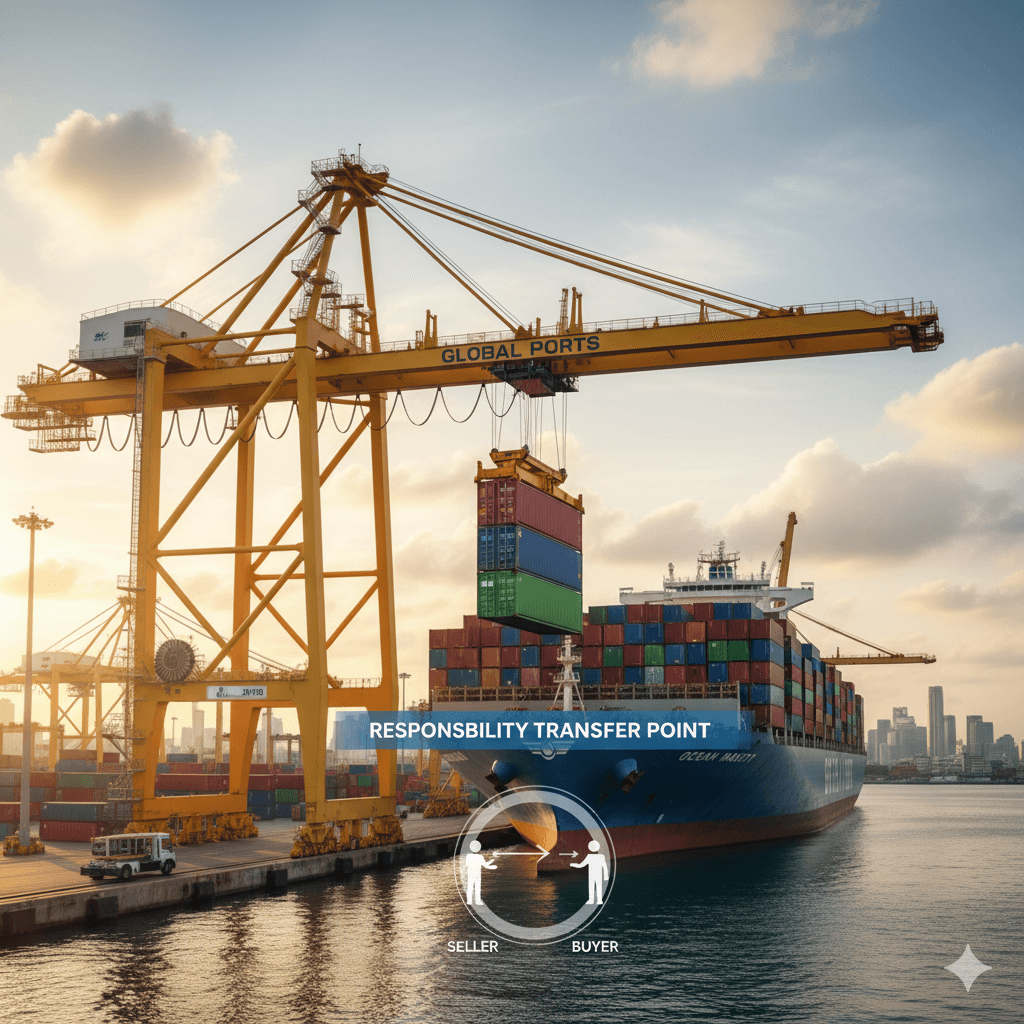
4. CIF – Cost, Insurance, and Freight (Added Security)
Best for: First-time exporters wanting to control ocean freight and ensure goods until destination port.
With CIF, the seller pays for freight and basic insurance to the buyer’s port but not for unloading or inland delivery.
- Advantages: Peace of mind your cargo is insured until port of arrival.
- Disadvantages: Costs more, and buyers may prefer their own insurance policies.
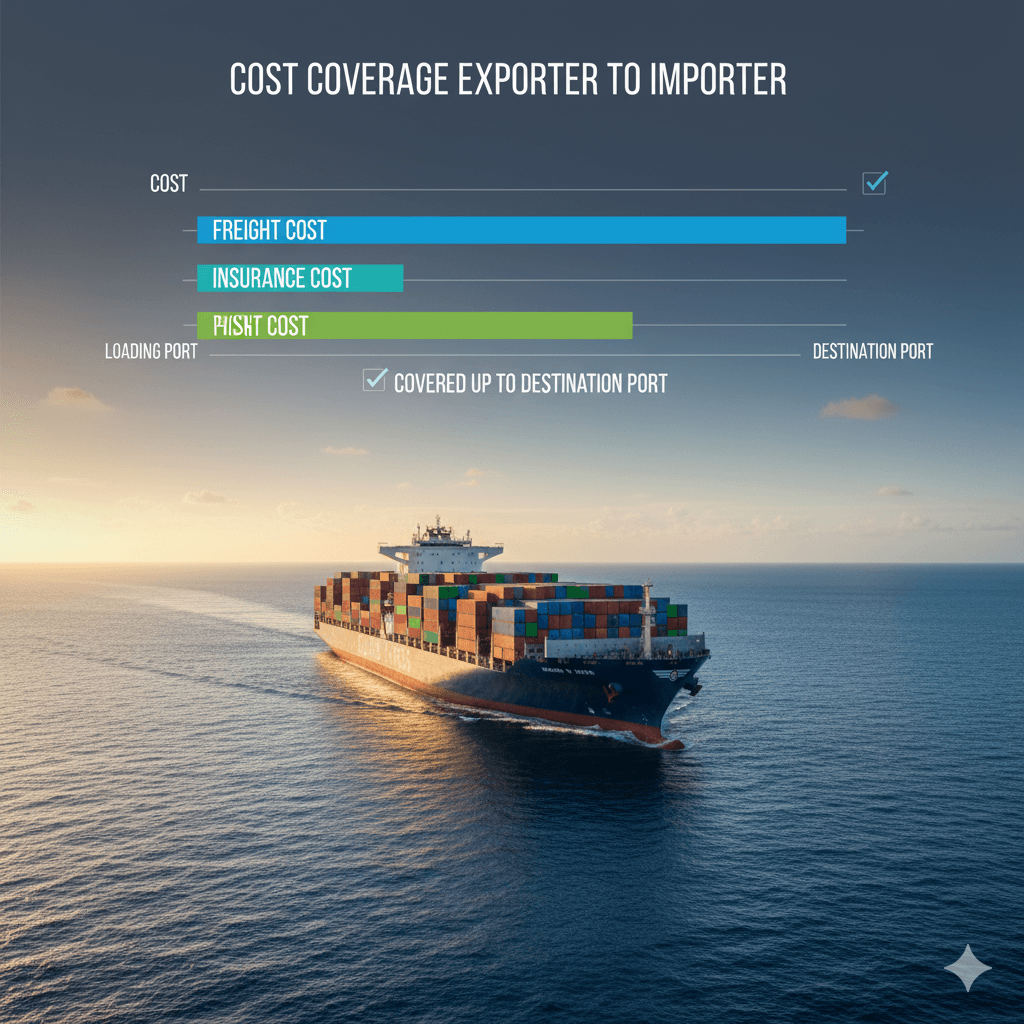
5. DAP – Delivered at Place (Simplified Delivery for High-Value Goods)
Best for: Exporters of high-value or delicate products (e.g., electronics, machinery, perishables).
The seller bears nearly all transportation costs and risks until the goods arrive at the buyer’s premises. The buyer only handles import duties and taxes.
- Advantages: Best customer experience door-to-door delivery by the exporter.
- Disadvantages: Expensive; requires coordination with foreign carriers and risk of delays at customs.
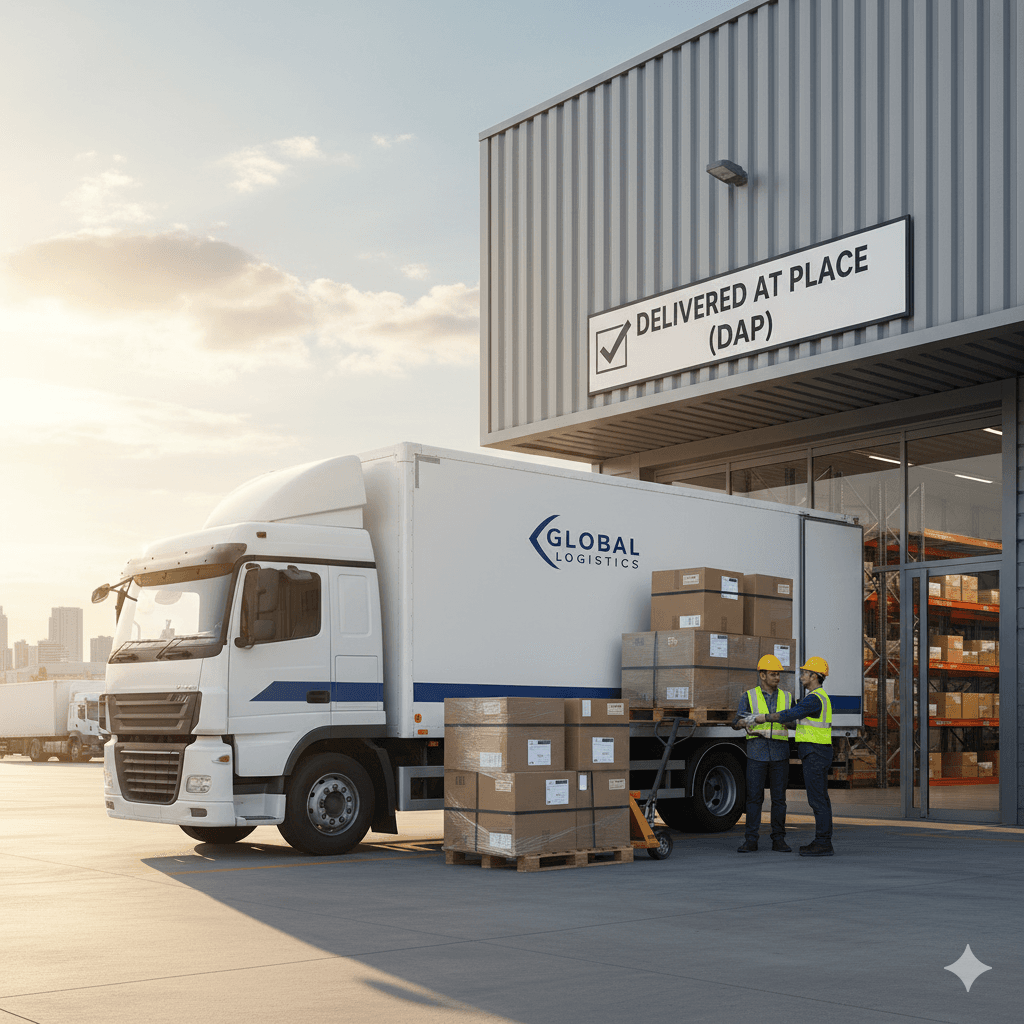
Common Mistakes to Avoid
- Skipping insurance: Small exporters often skip CIF or CIP insurance to save costs but it can lead to major losses.
- Ignoring customs roles: Don’t assume the buyer will handle export paperwork under EXW it’s your responsibility to confirm.
- Using one-size-fits-all terms: Adjust Incoterms based on product type, trade partner, and destination risk level
Final Thoughts: Start Simple, Scale Smart
For your first international cargo shipment, start with FOB for sea freight, it’s universally accepted, simple, and cost-efficient. As your export experience grows, you can move to CIF or DAP, offering greater control and stronger buyer relationships.
Partnering with an expert freight forwarder like Sea Sky Cargo Service simplifies Incoterm selection, documentation, and shipping so you can focus on growth while your cargo travels smoothly across borders.
